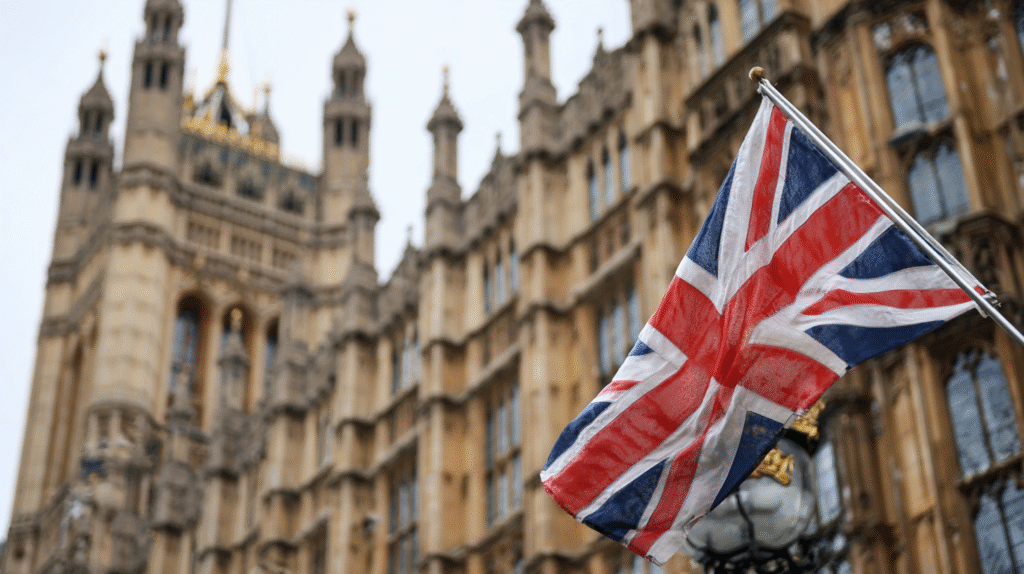A new cross-party parliamentary report has raised alarm bells about the future of UK food production, warning that output could fall by up to one third by 2050 if urgent policy action is not taken. The All‑Party Parliamentary Group on Science and Technology in Agriculture (APPGSTA) has issued the findings in its report Feeding Britain Sustainably to 2050 – the 30:50:50 Mission, unveiled at the Agri-Science Summit in Westminster on 3 November 2025.
The study, led by former National Farmers’ Union chief economist Dr Derrick Wilkinson, indicates that without radical reform, UK domestic food production may decline by around 32 % by mid-century – equivalent to a 39 % drop per capita. The report highlights that current government targets for housing, energy infrastructure and tree-planting policies put prime arable land at risk, potentially reducing productive farmland by as much as 25 %.
According to the authors, despite the UK’s strong agri-science base and professional farming sector, productivity growth has stalled. The report cites fragmented support policies, inconsistent regulation, and slow translation of research into on-farm practice as key barriers to improvement.
Key Recommendations
To address the looming shortfall the report proposes four core policy areas:
- Raise the 30:50:50 mission – which aims to increase farm output by 30 % by 2050 while halving agriculture’s environmental footprint – to a central benchmark across all food, farming and land-use policies.
- Protect high-quality farmland by preventing non-agricultural development on prime arable land.
- Establish a National Farm Data Initiative to drive productivity and sustainability through data-led monitoring and innovation.
- Reform farm support payments to reward measurable outcomes (such as increased output or reduced environmental impact), not simply uptake of practices.
The report also urges accelerated adoption of agri-tech innovations, including genetic and biotechnology advances, and AI-supported farm data systems. Without a coherent national strategy, the UK risks falling behind international peers: the US is aiming for a 40 % output increase by 2050 through its Agricultural Innovation Agenda, while the EU places innovation at the heart of its Vision for Agriculture and Food.
Implications for UK Food Security
The APPGSTA argues that the UK must treat food security with the same strategic importance as net zero and biodiversity targets. As the report states, increased reliance on imports at a time of rising geopolitical instability and climate-related disruption could leave the country vulnerable.
Chair of the APPGSTA, George Freeman MP, described UK agriculture as being “at a tipping point”. He noted that current policies from the Department for Environment, Food & Rural Affairs (Defra) risk reducing or displacing domestic production, particularly as pressure mounts to use agricultural land for industrial solar farms and other non-farming uses.
The report stresses that only through joined-up leadership, consistent regulation and faster translation of scientific innovation into practice can the UK avert a major contraction in its domestic food system. Without action, the sector may find itself increasingly exposed to external supply shocks and diminished self-sufficiency.


